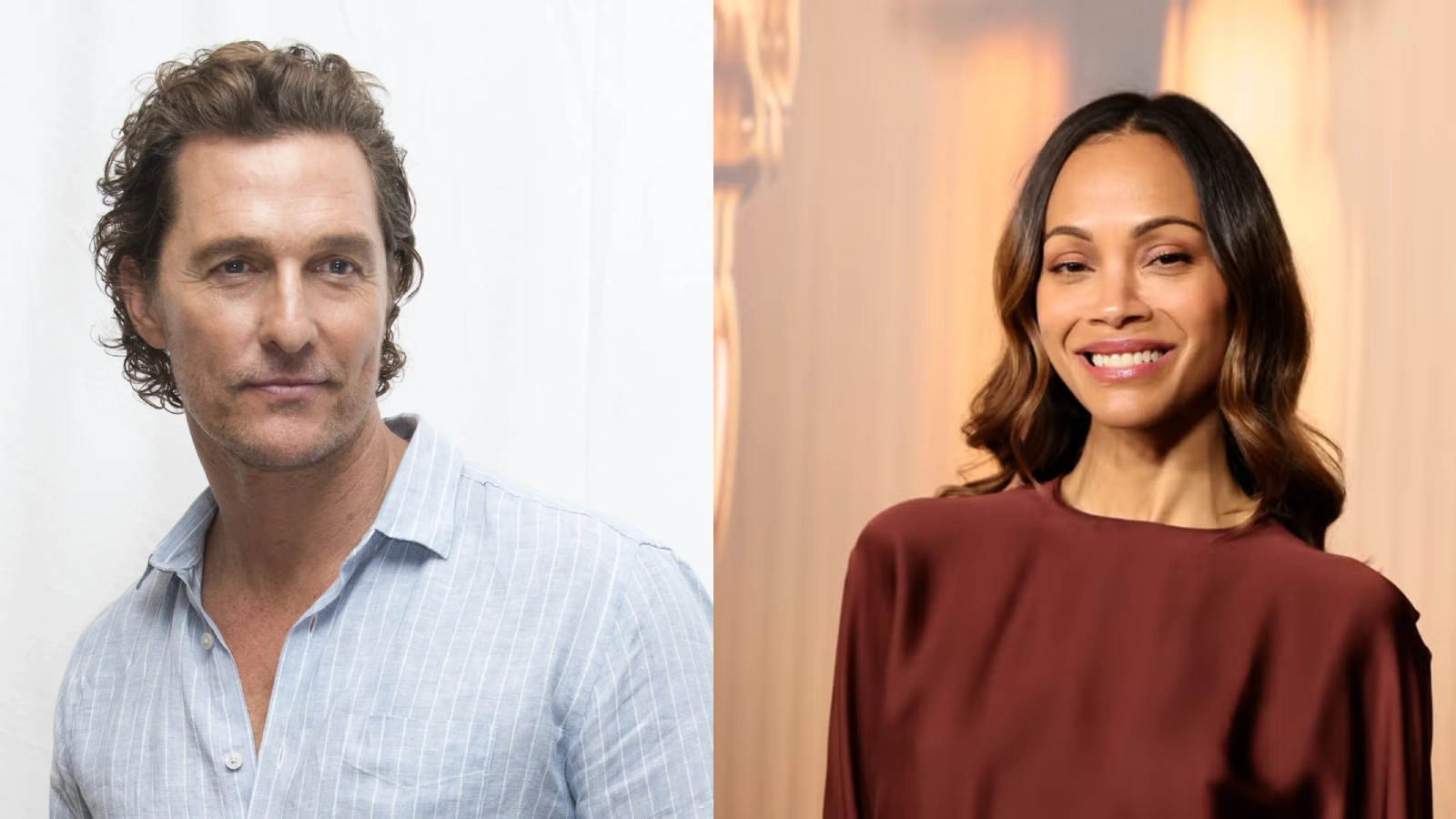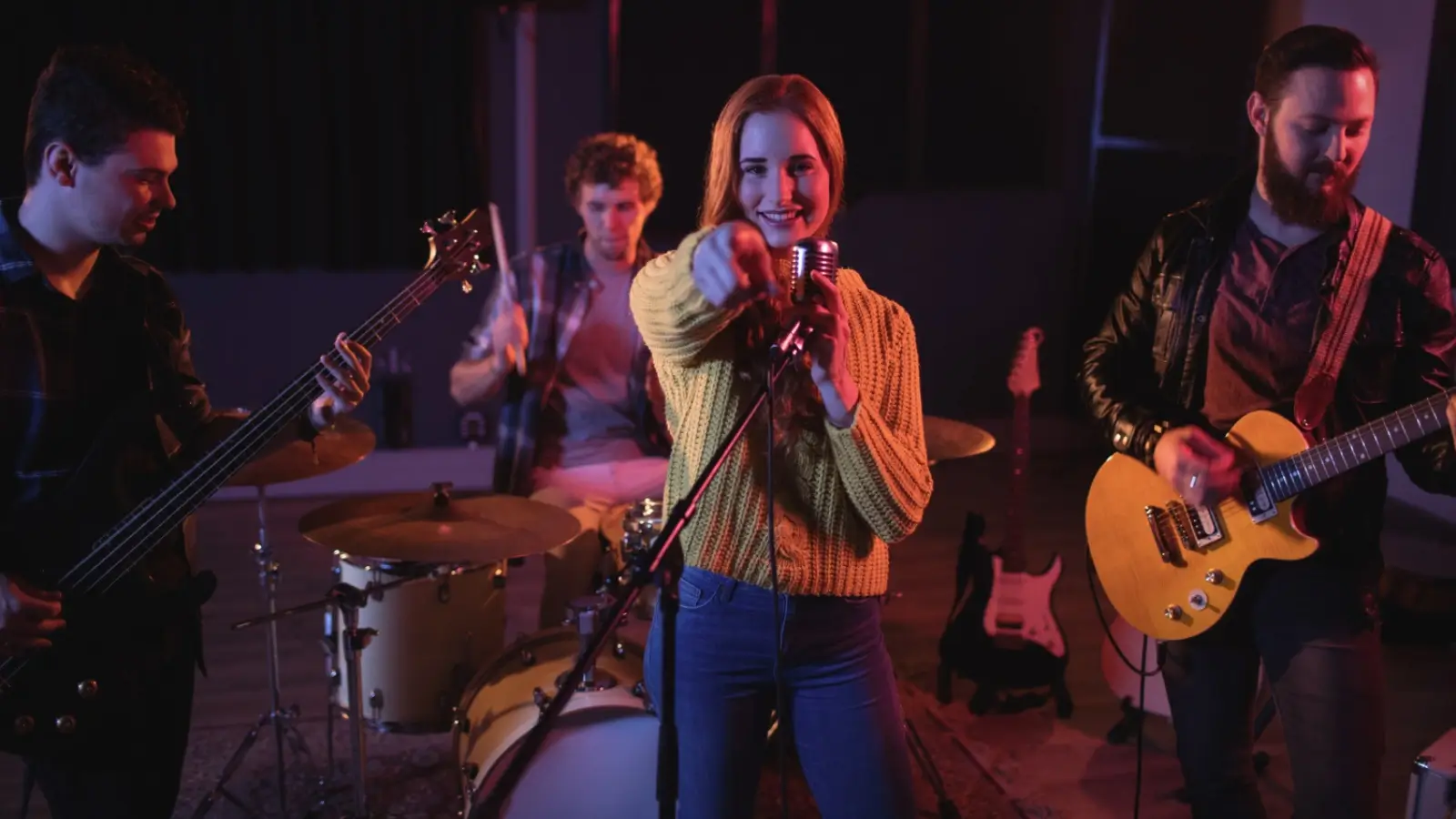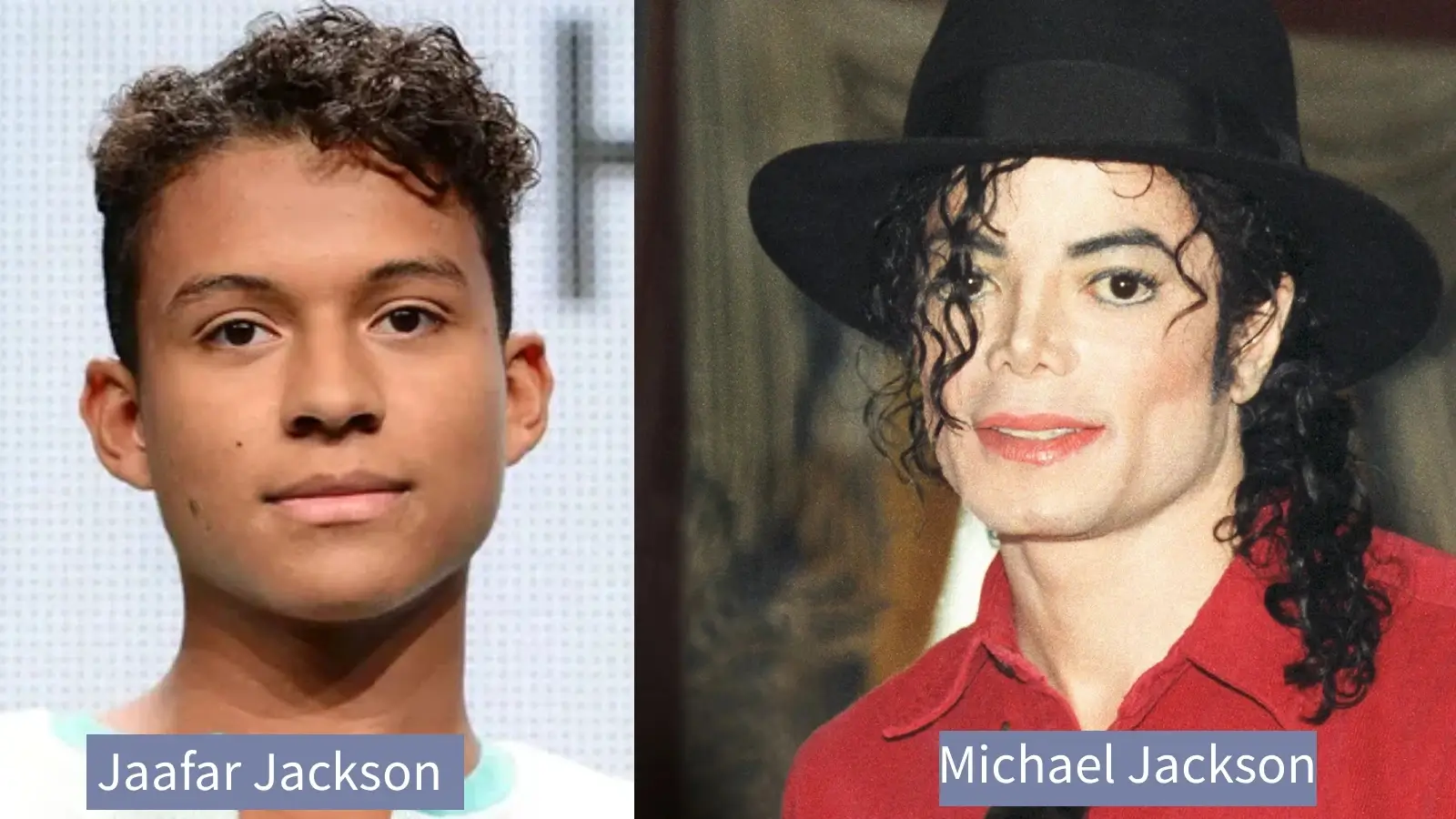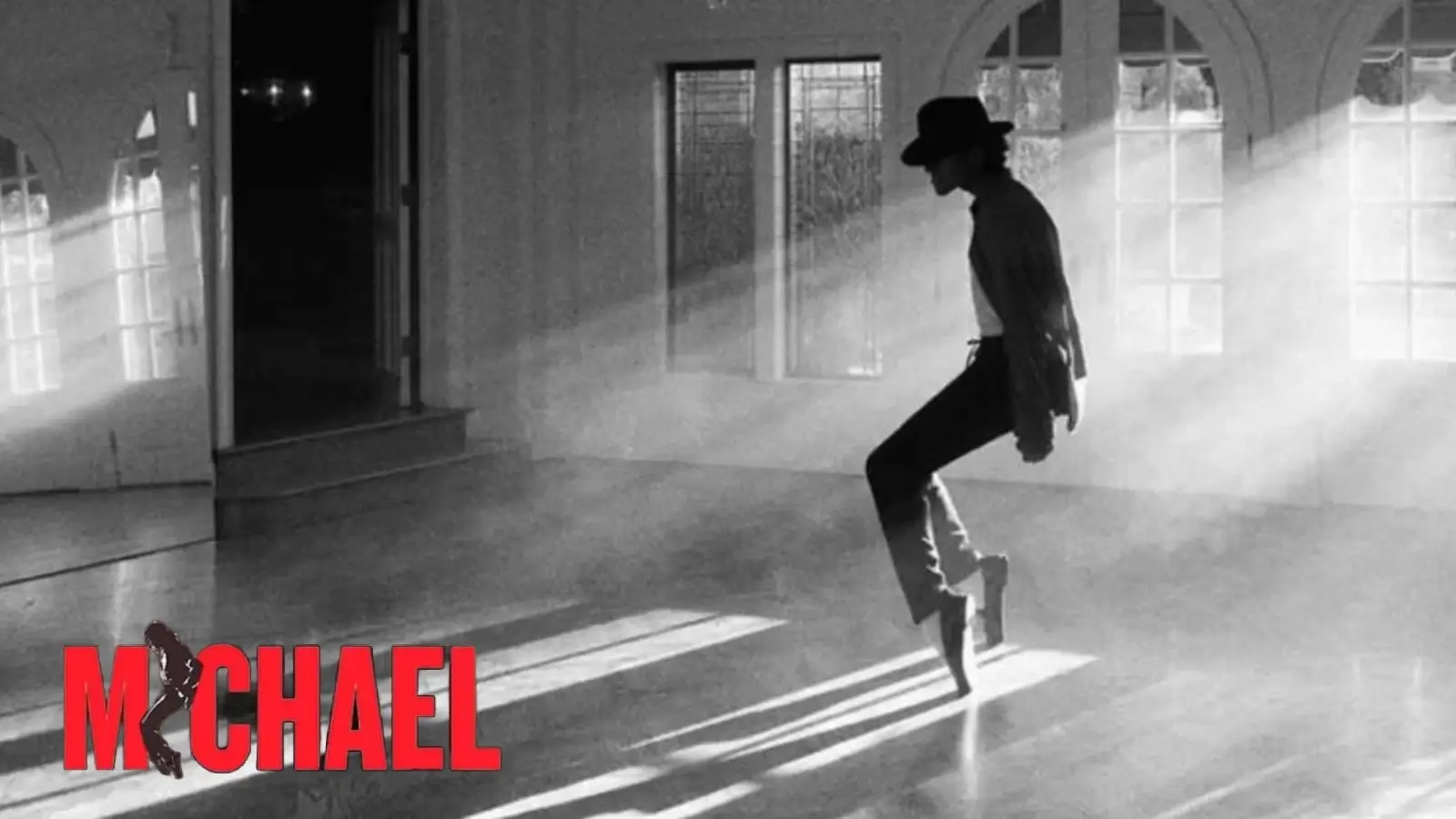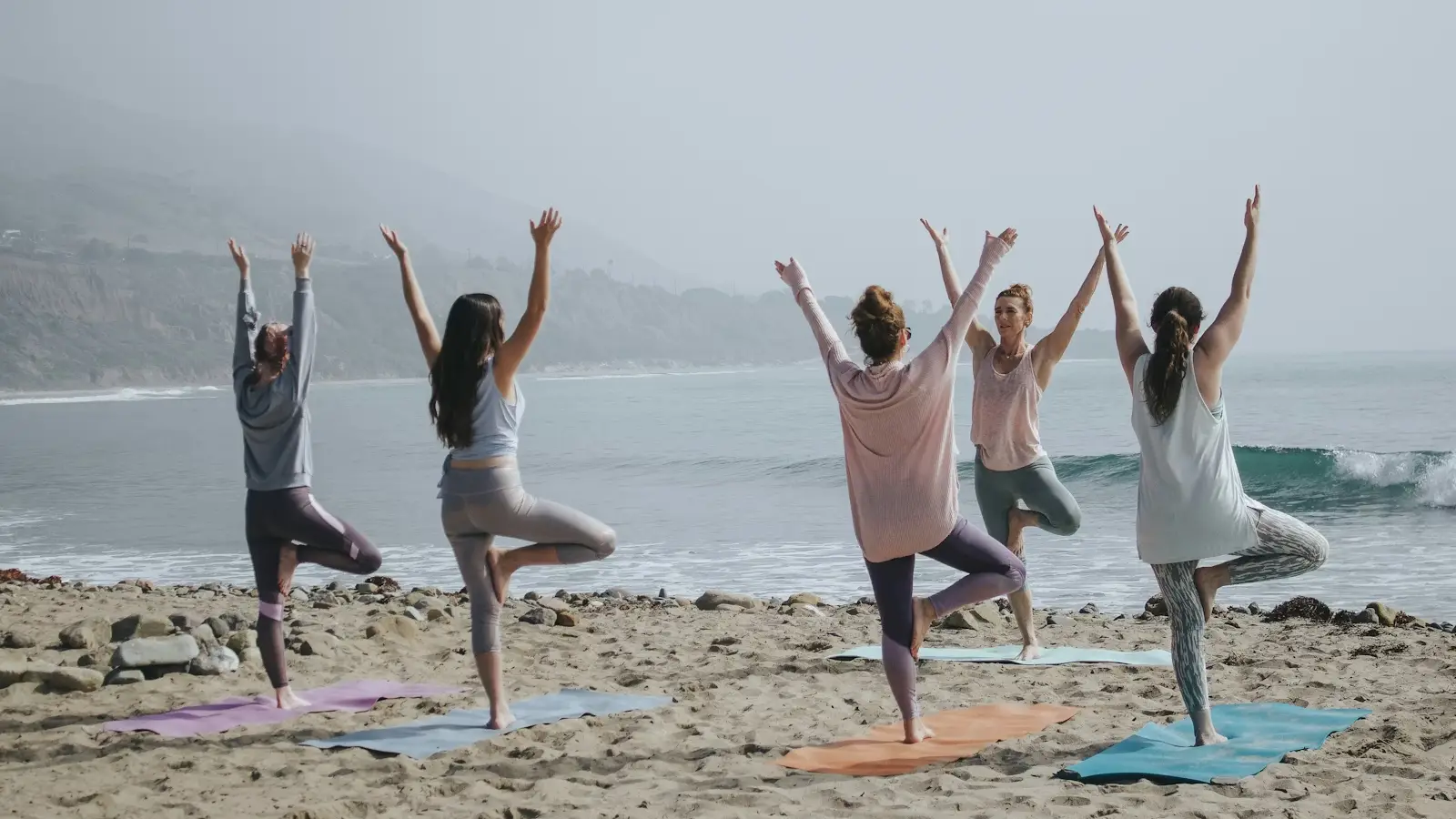Streaming Voices: The Rise of Top Podcasts
— Podcasting is not just another medium; it’s a reflection of our worldwide urge to connect, learn, and be heard.
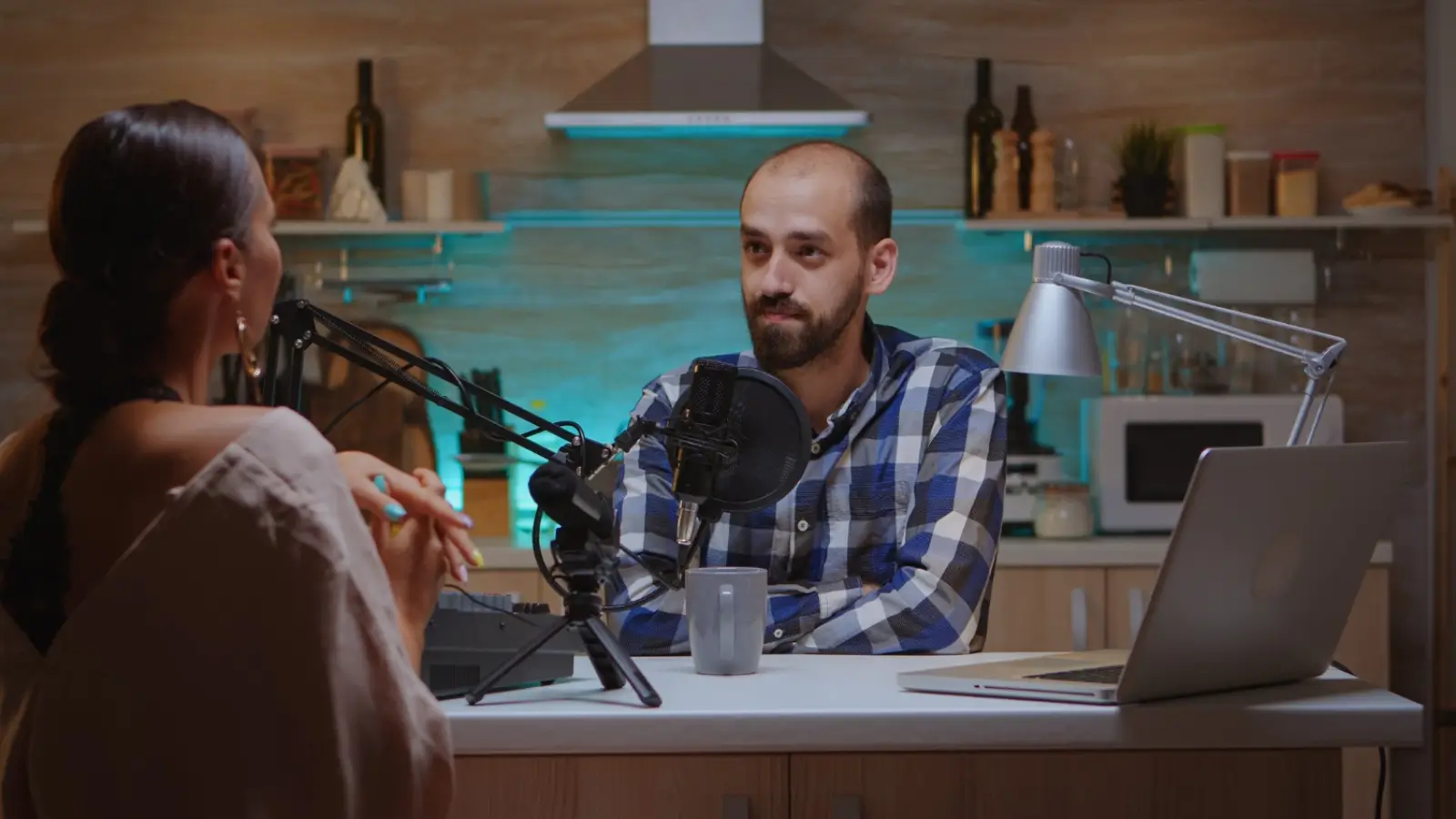
In the past decade, the world of audio content has transformed dramatically. What started as a niche medium for storytellers and hobbyists has evolved into a global industry worth billions. Podcasts have become a dominant force in entertainment, education, and professional communication. From true crime to business insights, listeners now tune in to millions of episodes across platforms like Spotify, Apple Podcasts, and Amazon Music.
This cultural and technological shift marks the rise of streaming voices. This term captures both the digital nature of podcasting and the diversity of perspectives it brings to global audiences.
The Evolution of Podcasting: From Hobby to Mainstream
Podcasting emerged in the early 2000s as an upstart, out-of-nowhere new form of internet radio. At first, it was for tech enthusiasts and indie creators only. And then smartphones happened, and faster internet was invented, and also streaming technology totally upended how audio is consumed.
And, as services like Spotify increasingly invested in exclusive shows and personalized recommendations, podcasting went from being a niche format to a major media category. There are millions of people listening to podcasts every day now, and THAT opens new doors for creators AND companies.
A few major milestones shaped this evolution:
-
2004–2009: Early podcast pioneers introduced on-demand audio to the web.
-
2010–2015: Smartphones and better internet accessibility fueled global listenership.
-
2016–2020: Big players like Spotify, Apple, and Google Podcasts professionalized the medium.
-
2021–Present: Podcasting has diversified: from entertainment and wellness to executive podcasts and educational programming.
Why Podcasts Became So Popular
The success of podcasting lies in its unique combination of accessibility, intimacy, and diversity. Unlike video or text, podcasts allow multitasking, so people can listen while commuting, exercising, or working. The human voice also builds a personal connection that feels conversational and authentic.
Several factors contribute to podcasting’s ongoing rise:
-
On-demand convenience: Listeners choose what to hear and when to listen to it.
-
Variety of genres: From comedy to leadership discussions, there’s a podcast for every interest.
-
Low entry barrier: Anyone with a microphone and an idea can start recording.
-
Community building: Podcasts create loyal audiences around shared passions.
For business leaders and professionals, this accessibility has given rise to executive podcasts, where CEOs and thought leaders share experiences, insights, and strategies in an authentic, conversational format.
Spotify’s Role in Podcast Growth
One of the most influential forces driving podcasting’s growth has been Spotify. While the platform used to be entirely focused on music, it has now incorporated millions of podcast episodes that are just as accessible as songs.
Its algorithmic recommendations, curated playlists, and exclusive partnerships made finding podcasts easier than ever. Spotify’s investment in analytics has also helped creators learn how listeners behave and create higher-quality and more targeted content.
Thanks to its broad reach, Spotify has turned from a streaming service into an engine for discovering new voices, whether independent creators or established media brands.
Diverse Voices, Global Impact
The beauty of today’s podcasting landscape is its diversity. Podcasts have democratized the ability of people from all over to reflect, critique, and say things not said in traditional forms of media.
Whether small-town journalists, a motivational speaker or the entrepreneur behind an executive podcast, the wall between creators and their receptive audiences has never been lower.
This inclusivity fuels innovation. Podcasts are now devoted to reading about everything from social change and mental health to niche professional industries. Now listeners can hear an investigative journalist in New York, a tech founder in Berlin or a leadership coach in Singapore all in the same week.
The Business Side of Podcasting
But aside from the creative aspect, podcasting is big business. DANCHINAUD, France Podcasting is booming in France with more than 500 million francophone listeners across the world, and it’s now attracting advertisers, brands, and a growing number of investors eager for a line of business That Includes sponsorships, premium content, subscriptions, and live shows.
But the most successful podcasters aren’t necessarily the ones in pursuit of ad revenue; they are those creating trust and community. By sharing real stories and useful advice, podcasts develop a level of loyalty that ads never will
-
Key business-related developments include:
-
Branded podcasts helping corporations put a human face on their work.
-
Executive podcasts help organizations demonstrate their leadership culture and vision.
-
Analytics-driven storytelling that personalizes episodes according to listener desires.
This confluence of creativity and commerce is what will keep podcasting growing as both an art form and a business.
The Rise of Executive and Educational Podcasts
Despite that reality, one of the more interesting developments in recent years has been the rise in podcasts aimed at professionals. These are executive podcasts featuring talks with CEOs, founders, and industry experts, where they share their challenges, innovations, and leadership lessons.
-
Audience members listen to gain insights from the field and keep up with current trends. Middle Ekindering showshed (vs in-person training, or corporate webinars) provides professional development in a humanising and humbling way.
-
Some of the most popular categories under this are as follows:
-
Leadership and decision-making under pressure.
-
Responding to technological disruption and digital transformation.
-
Building organizational culture and resilience.
-
The future of hybrid work and ethical business
Such content bridges the gap between education and inspiration, giving professionals a way to learn on the go.
The Future of Podcasting: What Lies Ahead
The experience of listening to and making podcasts will continue to change alongside technology. Artificial intelligence is now starting to influence the way listeners find, experience, and interact with audio content. Customized Suggestions, Captions and Translations will bring limitless global access across geographies.
Predicted future trends include:
-
Podcasts that listeners are encouraged to engage with.
-
AI and metadata-driven tools improve search and discovery.
-
Integration across platforms, in which podcasts blend with video, social media, and live events.
-
Greater localized and niche content targeting smaller yet more engaged audiences.
The future of podcasting will probably be as varied and ever-evolving as human conversation, genuine, authentic, or inclusive.
Conclusion: The Streaming Voices of Power
The emergence of top podcasts also represents a new communication age in which anyone can be a voice for millions. The medium is malleable, and it can entertain and empower, educate and express.
The increasing number of streaming voices from garage-dwelling small creators to Fortune 500 leaders sounding off on executive podcasts also reflects the democratization of storytelling.
Podcasting is not just another medium; it’s a reflection of our worldwide urge to connect, learn, and be heard. Just as technology evolves, the world keeps listening.









